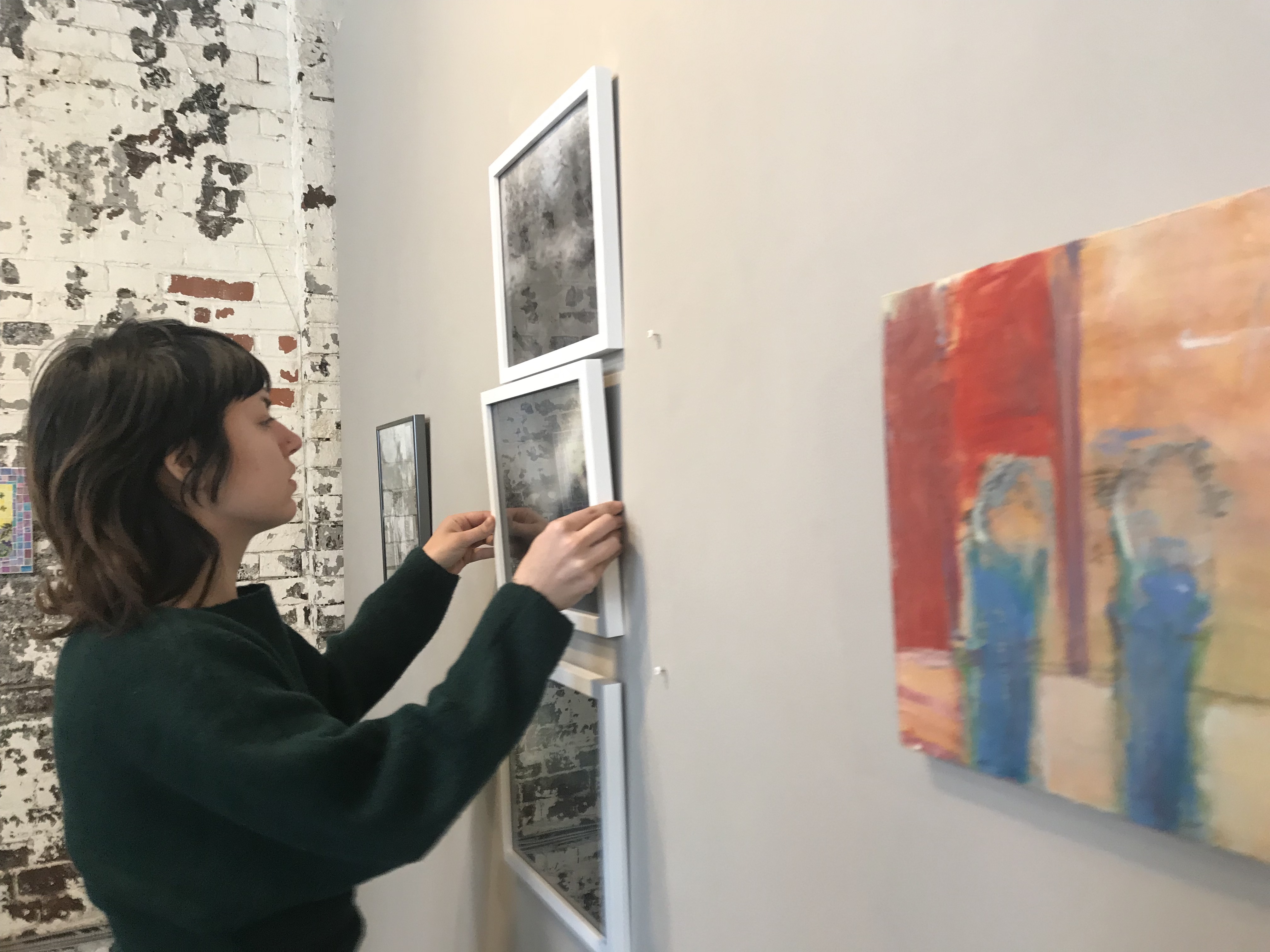Museum Studies Intern at Associated Artists of Pittsburgh – Fall 2018
For my Museum Studies Fall internship, I worked at the Associated Artists of Pittsburgh (AAP), where I mainly focused on a project revolving around the archiving and organizing of their past exhibition catalogues, some dating back as far as the early 1920s. Associated Artists of Pittsburgh, or AAP, is a member-based nonprofit that has been operating out of Pittsburgh since 1910, and has had well known artists, such as Andy Warhol and Mary Cassatt, call themselves members. The mission of the organization is to help artists gain attention to their work by putting together numerous exhibitions throughout the year, as well as through educational programs and creating a dialogue between the city of Pittsburgh and local arts. While my experience at AAP has given me a much more in depth understanding of arts nonprofits, my hopeful career path, than I had before starting the internship, one of the main takeaways I had from this internship was a broader understanding of the history of art in Pittsburgh.
On one specific day, my supervisor, executive director Madeline Gent, asked me to go back to catalogues from the 1960s and 70s to find examples of well-known local artist Thaddeus Mosley’s work, who is currently a part of the 57th Carnegie International at the CMOA. I think this moment was when I really started thinking about how deep the Pittsburgh art community truly runs, and how unique it is to have artists that dedicate themselves to their city in the way that some local artists do. Seeing Mosley’s work showcased in AAP exhibitions from the 1960s made me develop a more personal relationship with the material that I was handling day-to-day, because of this restored admiration for the loyalty artists and community members have for our Rust Belt city. One of the reasons I fell in love with Pittsburgh was its rich history, and the role that the city’s inhabitants play in it. By working with and studying these catalogues, my understanding of Pittsburgh as being just a blue collar town transformed into a much more complex appreciation of the multifaceted communities that make the city, and it’s art, what it is.
Learn more about the Collecting Knowledge Pittsburgh initiative here

